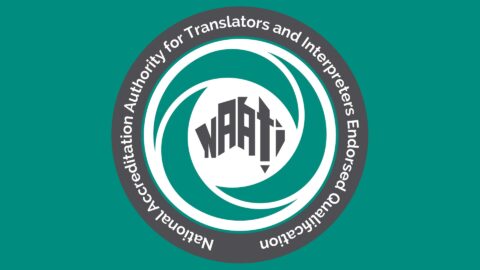
Course Overview
This course is designed to give legal practitioners a working understanding of the Recommended National Standards for Working with Interpreters in Courts and Tribunals.
Australia’s cultural and linguistic diversity requires that Australian courts and tribunals are responsive to the needs of court and tribunal users. For proceedings to be conducted fairly, those involved in legal proceedings must be able to understand what is being said and be understood. To achieve this, it is not sufficient that the court or tribunal user be physically present: they must be linguistically present. As such, interpreters play an essential role in the administration of justice in our linguistically diverse society.








